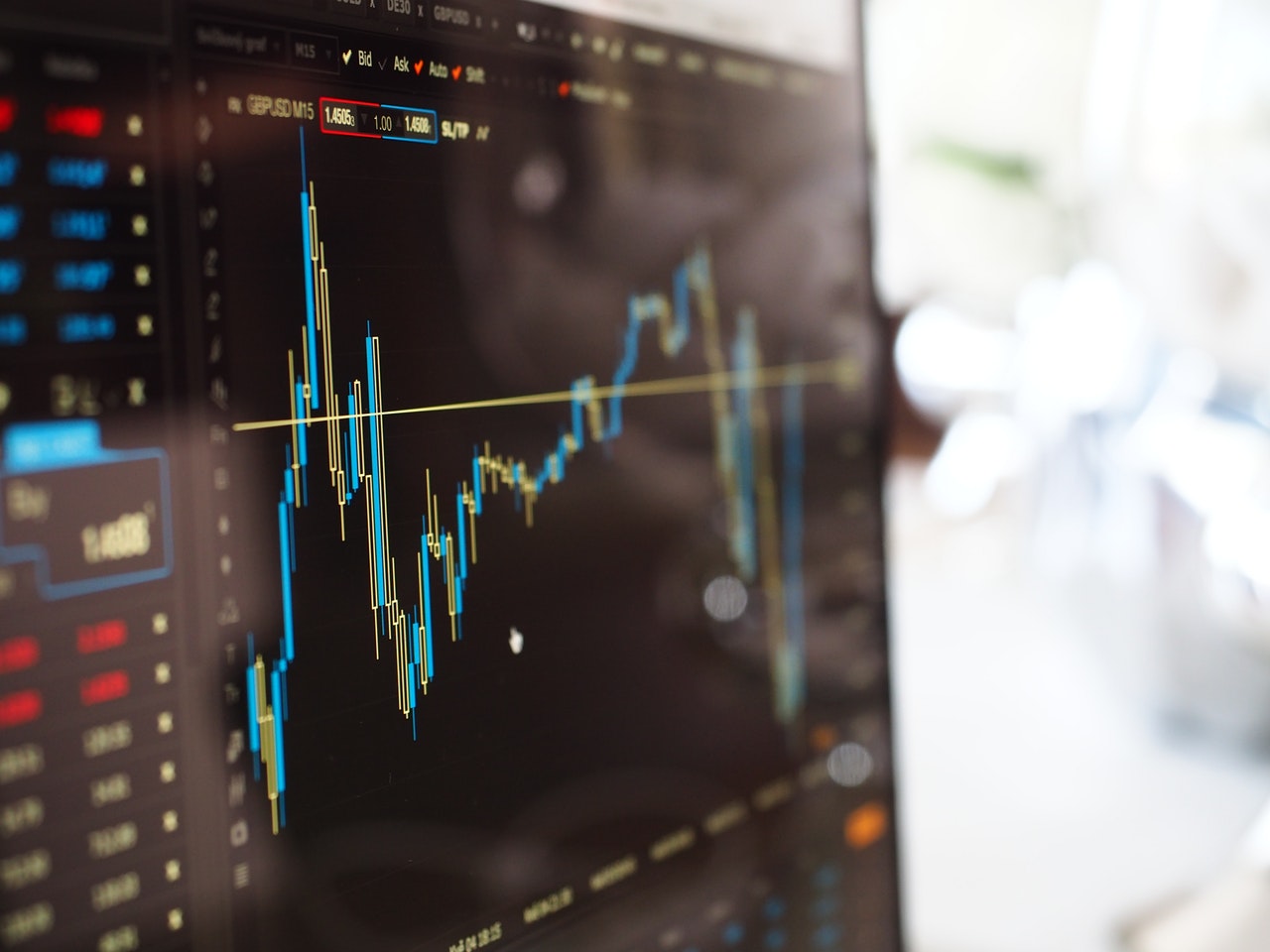Gerald Hamuyayi, Lusaka, Monday, 6 May 2024 – As the United States economic soft-landing optimism fizzles on the back of less than stellar performance data for the first quarter, a stark reality has emerged: Q1 growth slumped to a two-year low while inflation made an unexpected surge. Meanwhile, in Japan, hidden investment gems are sprouting with approximately 25% of stocks trading below book value, despite a currency in free fall. The global economic and investment profile
continues to morph, shaped by geopolitics, upcoming elections in the US and Europe, and persistent supply and demand shocks in commodity markets. This article analyses the Standard Global Market Outlook Q2 2024 webinar and adds further insight insights to the expert perspectives shared by Manpreet Gill, Chief Investment Officer for Africa, Middle East, and Europe at Standard Chartered Bank, and Annalisa Usardi, Senior Economist at Amundi Institute, on themes shaping global
economic risk and opportunities.
The global inflation and growth outlook is expected to drop to moderate levels from their 2023 peaks in the United States, Japan, and Europe. A surge in core goods prices and in energy prices drove inflation up in 2023, but with these inflation components hitting moderate levels , inflation is expected to ease. Domestic fundamentals will remain key drivers of inflation in 2024, with a disinflationary process anticipated in both developed and emerging markets. In the US, economic growth remains resilient, as indicated by strong labour markets and declining unemployment. However, the labour market is expected to recalibrate, with wage growth expected to slow, potentially lowering the inflation rate closer to the Federal Reserve’s 2% target.
Nevertheless, recently released inflation numbers suggest surging inflation and robust growth in labour markets, which may impact this outlook. Lower growth is expected in both emerging and developed markets, primarily driven by Central bank monetary tightening cycle to cool off domestic demand and the labour market. Despite the US wrapping up with a strong 2023 with expectation for the economy to growth faster than the Euro Area, the first quarter economic numbers indicates a
noteworthy loss of momentum for the US economy in 2024.
Contrary to most analysts’ forecasts of lower inflation, which suggested that the US Fed, European Central Bank, and Bank of England would cut interest rates potentially in July to ease the cap on growth, recently released US economic data came as a shock. The data indicated that Q1 US annualised GDP growth ebbed to a 2-year low of 1.6%, below the estimated 2.5%. Additionally, personal consumption slowed to 2.5% compared to the forecast 3.0% while the Personal Consumption Expenditure Price Index firmed to 3.7% surpassing the estimated 3.4%. Surprisingly strong price pressures have dampened optimism for a soft landing, as the likelihood of delayed rate cuts and potential rate hikes in 2024 heighten.
The elections for the European Parliament and the US presidential elections, scheduled for June and November this year, will persistently structurally change the global economy. In the United States, elections have historically been good for US equities, as benchmarked by market indices. Since 1928, the annual return on the S&P 500 during election years has averaged 7.5%, regardless of whether a Democrat or Republican president assumes office.
In the Japanese market, a significant number of companies are trading at a discount, with around 25% trading below book value and approximately 41% maintaining a net cash position. In contrast, only 3% of US companies and 20% of European companies have a net cash position, while 20% of US companies and 15% of European companies are trading below book value. This presents an attractive opportunity for investors seeking value and growth. Additionally, the Tokyo Stock
Exchange is taking initiatives to change the historically poor perception of Japanese companies as underperformers in optimising shareholders’ return, aiming to improve their reputation, corporate governance and enhance value for investors. Currency risk is a major downside to Japanese denominated securities and remains elevated. The Yen has depreciated by circa 12.1% year to date, with exchange rate hitting a decade low valuation of ¥160 per USD on 29 April, 2024. Despite market tensions, Japanese equities could offer good opportunities for investors.
The dollar is expected to be range-bound as volatility remains low. In the interim, short-term demand expectations and shifting bond yields will determine the dollar’s value. It is expected that the dollar could outperform the Euro in the near term, compounded by the possibility of the ECB cutting rates earlier than the Fed. Eventually, the Fed will catch up. Currency movement will likely remain muted given the low volatility.
Oil prices have largely been driven by demand and supply, with a modest premium added from geopolitical tensions. The cut in supply by the Organisation of the Petroleum Exporting Countries (OPEC) and high global demand remain the key determinants of price equilibrium.
In closing, the structural shifts in the global economy between optimism and pessimism continuously presents both golden opportunities and risks to investors. Despite the turbulent global landscape, technology equities remain attractive as AI increasingly leapfrogs tech companies’ valuations. Given the uncertainties in political and economic risks globally, gold remains a good addition to a portfolio as a hedge and diversifier.











